

CSEA organized an interactive training session on Debt Sustainability Analysis on the 17th of November 2022 at the African School of Economics (ASE), Abuja. The training was conducted by Owen Wilcox, a principal consultant at Oxford Policy Management and former director of the South African Treasury.
The training was in two sessions which covered an Introduction to Debt Modelling and IMF’s Debt Sustainability Analysis framework. This framework consists of two complementary components: the analysis of the sustainability of total public debt and that of total external debt.
The presentation included simulations using debt stock modeling and analyzing various outcomes. The training also included topics such as debt forecasting, computation of debt stock models and debt GDP ratio.
Participants at the conclusion of the session obtained the essential skills needed to identify an impending debt crisis as well as actionable recommendations to reduce the public sector debt.
In attendance for the training session were stakeholders from academia, CSOs and researchers.
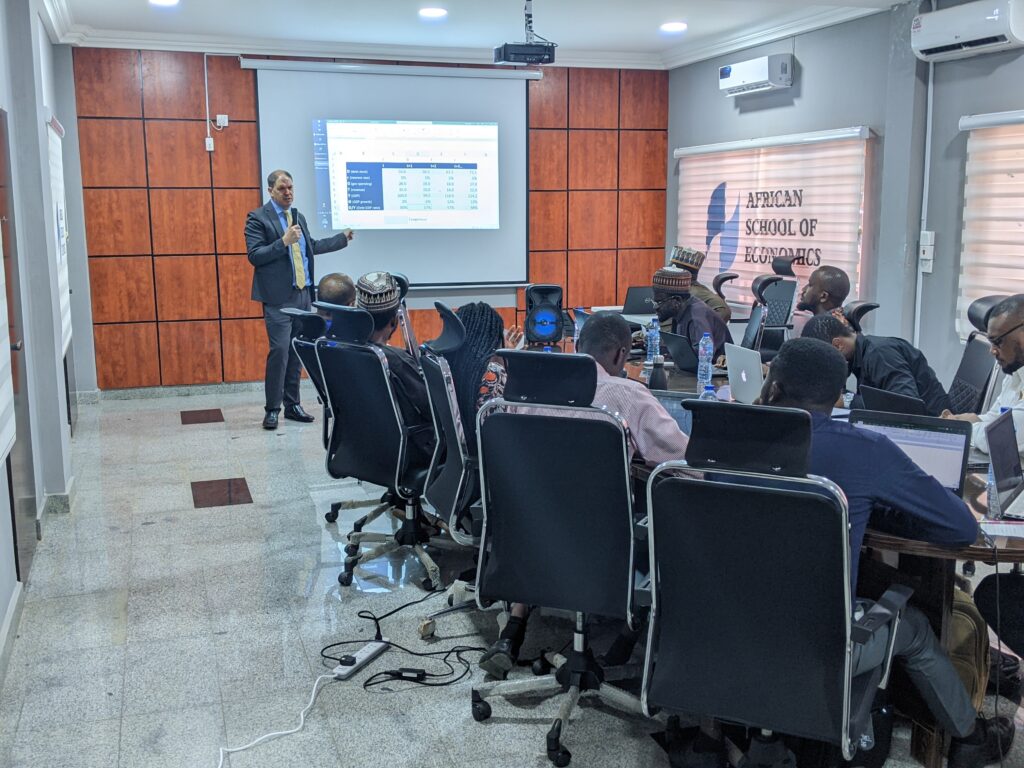
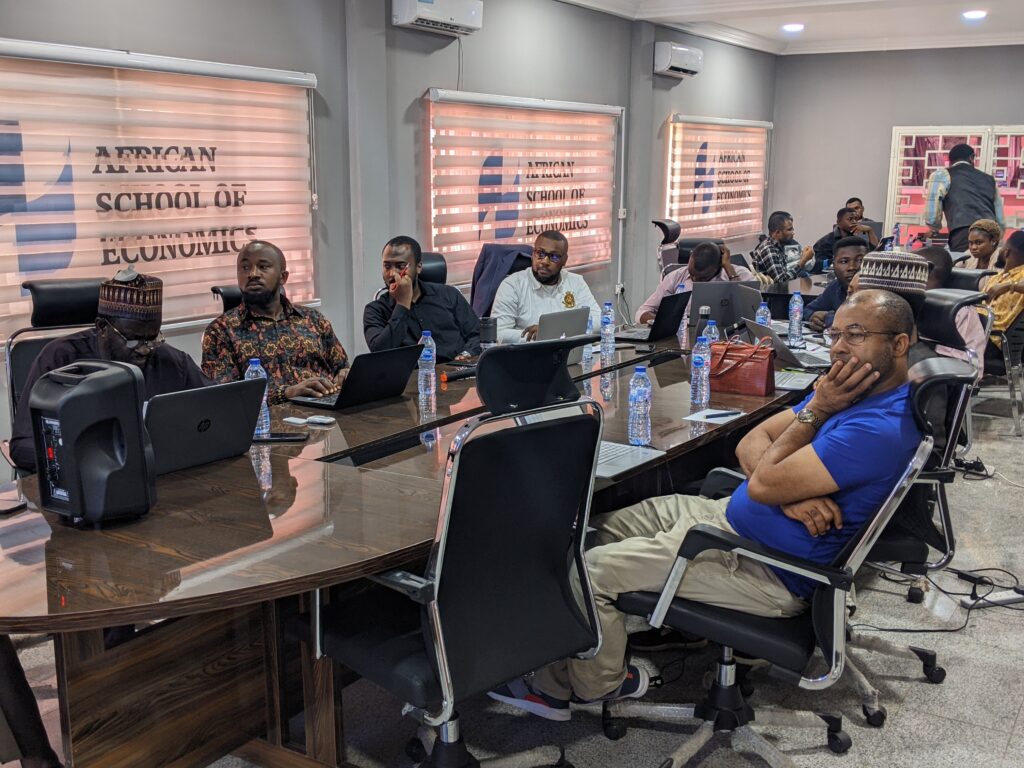
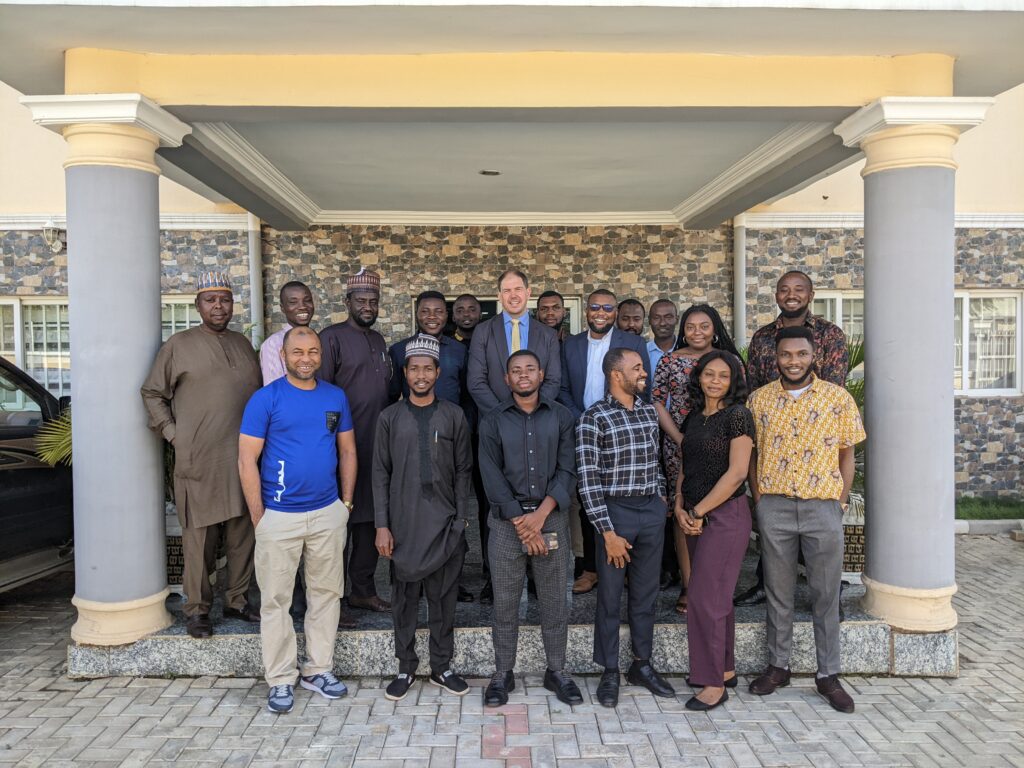
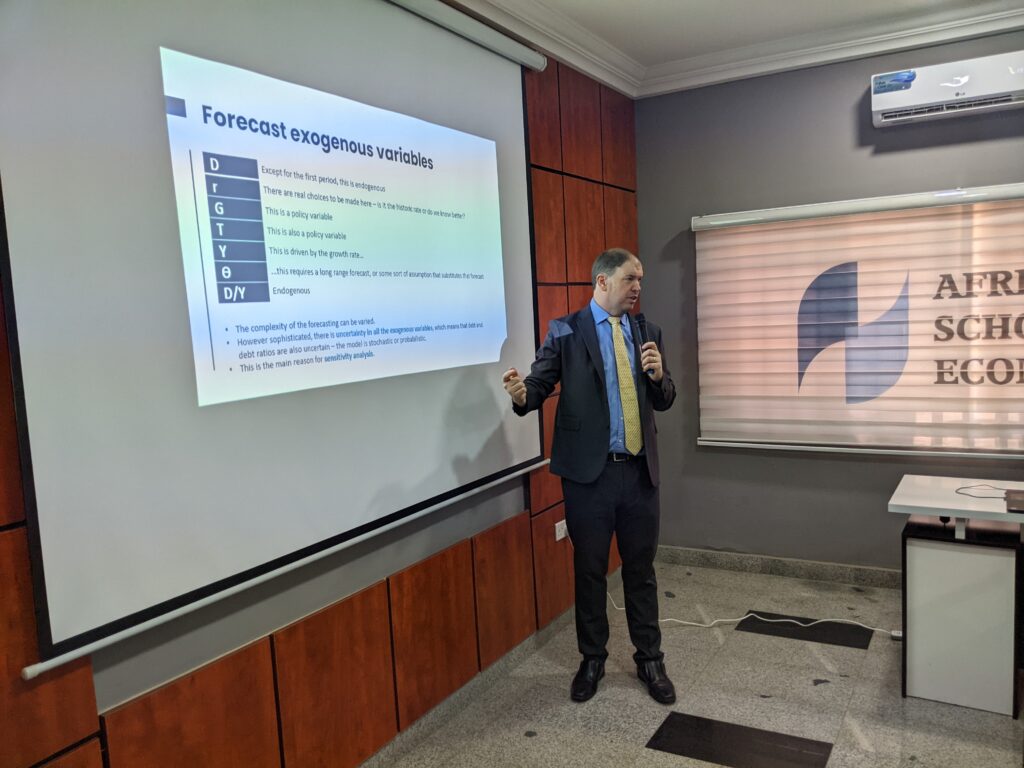
The 2022 Global Development Conference was held in Clermont-Ferrand, France, from 2nd to 4th November. The conference which was focused on ‘Tax Policy for Sustainable Development, provided a platform for participants to discuss the role of tax systems in resource allocation, stabilization aftershocks and inequality reduction through redistribution.
The tax policy conference provided a platform for participants to discuss the role of tax systems in resource allocation, stabilization aftershocks and inequality reduction through redistribution.
Our researchers, Mma Amara Ekeruche and Augustine Iraoya participated in the conference.
For the parallel session on “Taxation during debt crisis”, facilitated by the International Development Research Centre, (IDRC), Mma Ekeruche made a presentation from the joint paper between CSEA and AGI researchers. The paper assesses the need, viability and impact of a debt for climate swap in the Nigerian context.
Austine Iraoya presented his paper titled “Promoting Health Policies and Sustainable Development in Nigeria: The Unexplored Potentials of Tobacco Taxes”, during the parallel session on “Setting the Stage: Taxation and Sustainable Development: Research and Policy Challenges”.
The conference convened around 250 participants drawn from a diverse group of researchers, policymakers, representatives of international organizations, civil society, development practitioners and the private sector.
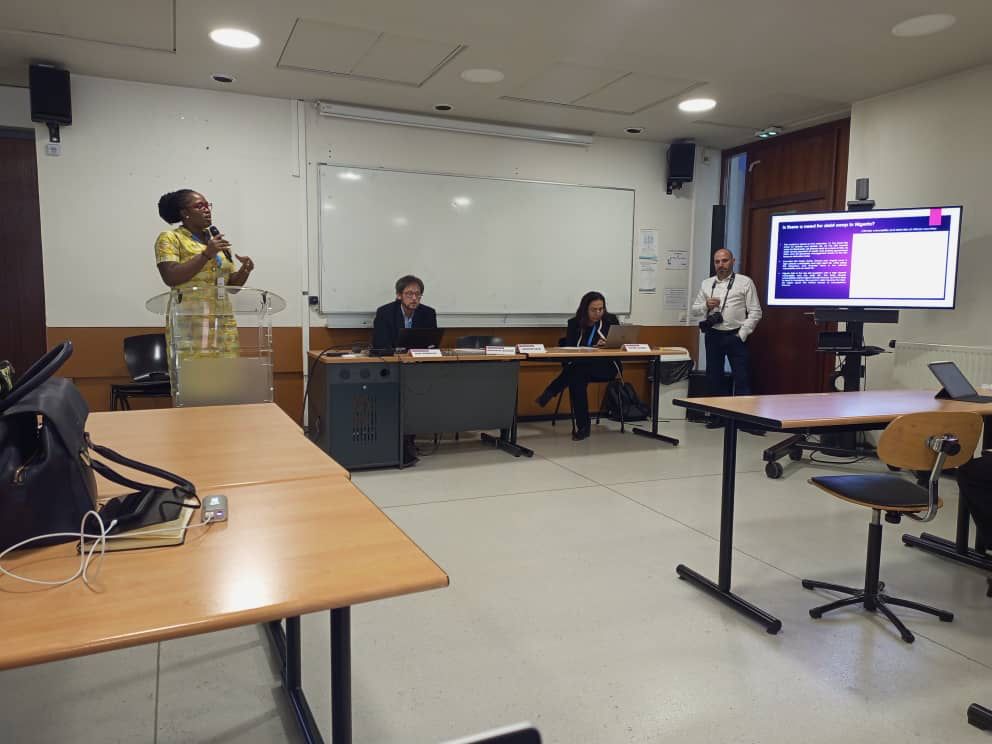
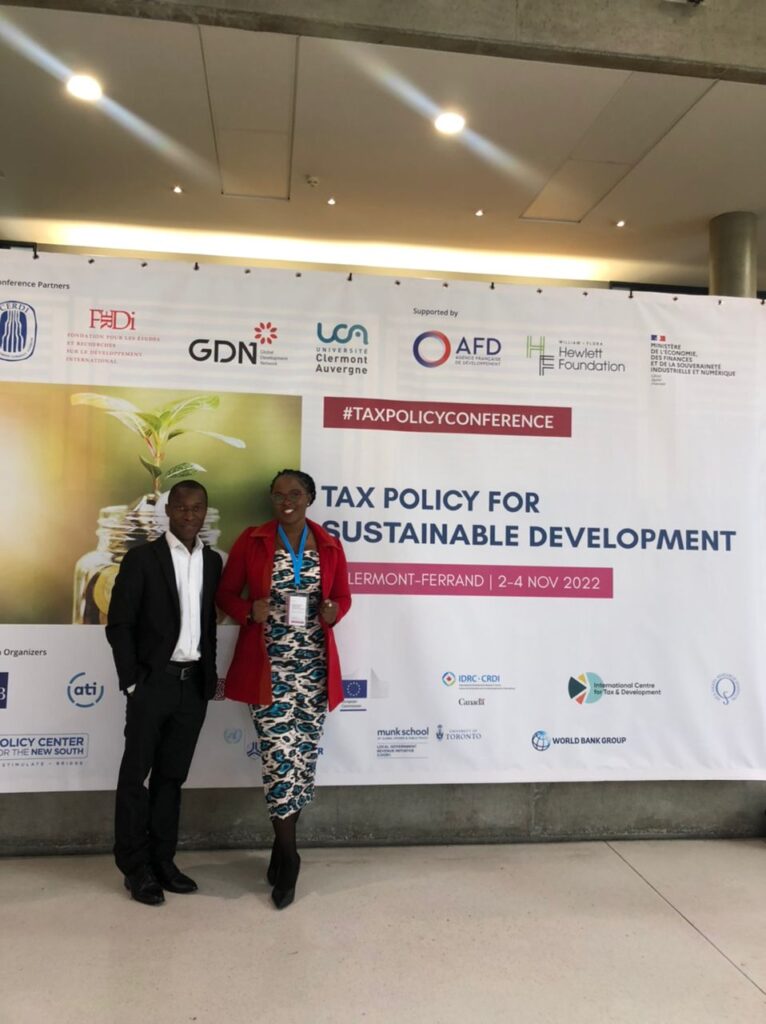
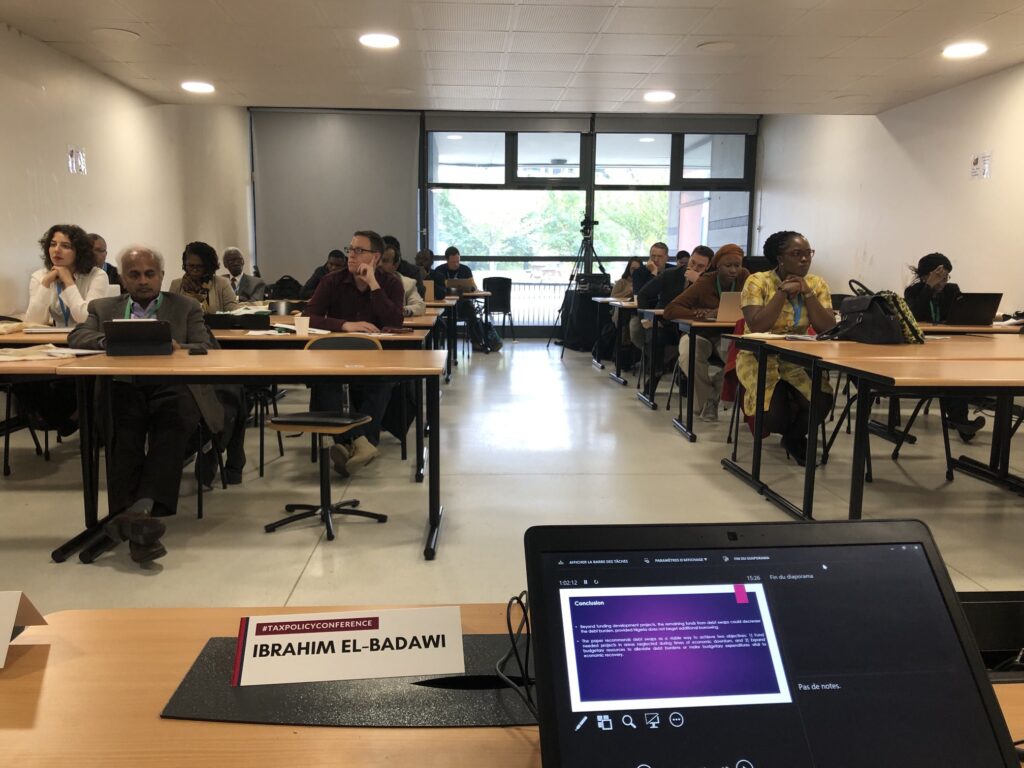
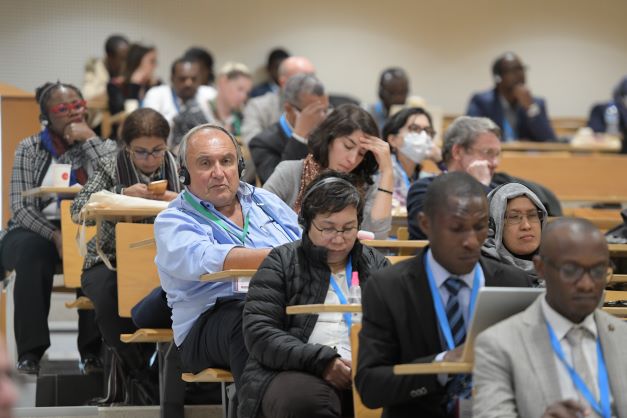
The ninth edition of the annual Forum on Internet Freedom in Africa (FIFAfrica22) was convened by the Collaboration On International ICT Policy For East And Southern Africa (CIPESA), in Lusaka, Zambia, from September 26-29, 2022. The forum featured two days of network meetings and skills workshops that brought together a diverse range of stakeholders to deliberate on various aspects of internet governance and the digital rights arena in Africa. CSEA’s research associate, Kashema Bahago was a panelist on the session on Articulating the Business case for digital rights across Africa, hosted by CIPE. The session featured discussions on strategies that enhance the private sector's contribution to protecting human rights online.
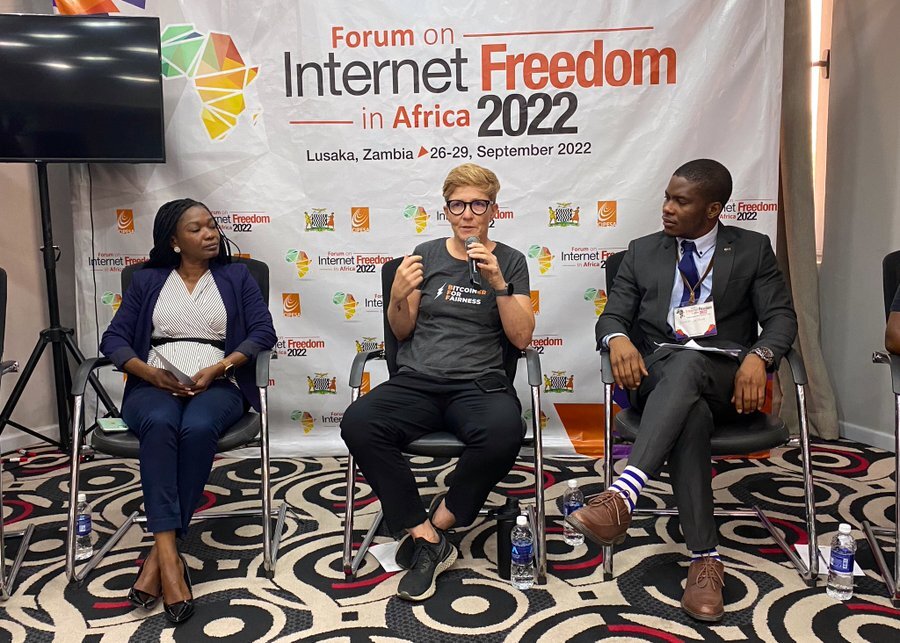
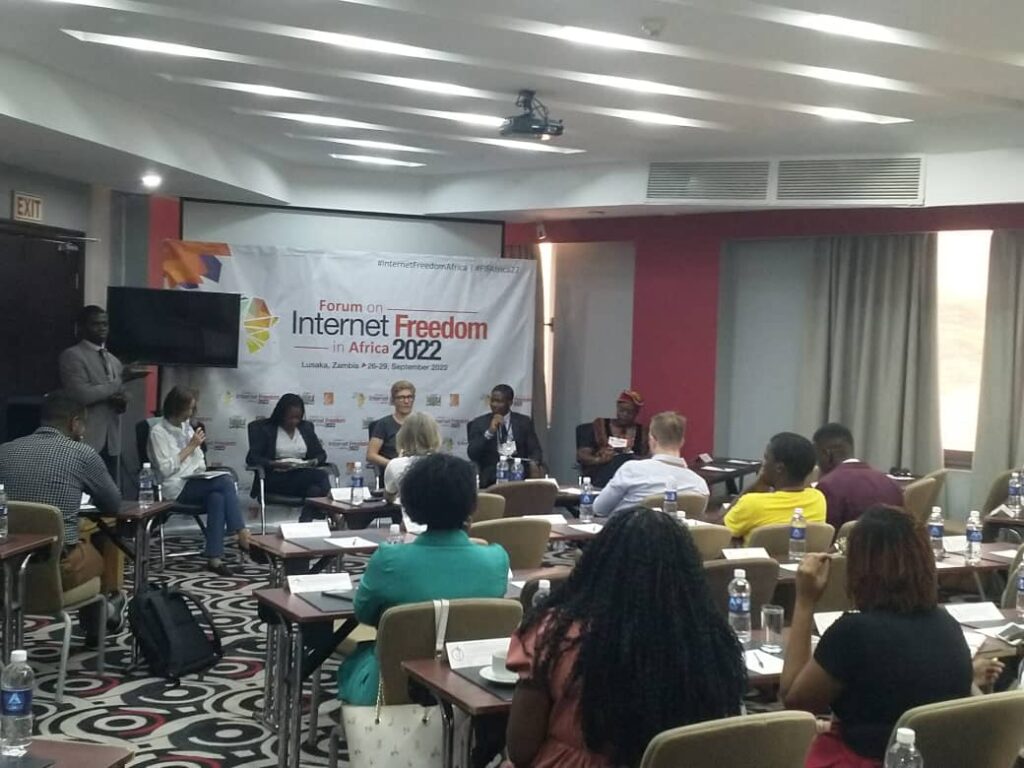
The United Nations Conference on Trade and Development (UNCTAD), in collaboration with the Centre for the Study of the Economies of Africa (CSEA), organized a four-day high-level National workshop from Tuesday, 13th to Friday, 16th September, 2022 in Abuja, Nigeria.
The workshop examined the role of productive capacities and structural economic transformation and how best it can be placed at the center of Nigeria’s national policies and strategies. It also introduced UNCTAD’s Productive Capacities Index (PCI) as the critical tool to measure sectoral gaps in domestic productive capacities and to subsequently formulate adequate policy response and interventions.
The event consisted of a high-level policy session for policymakers, and statistical and methodological training sesssions for selected experts on the Productive Capacities. Key stakeholders such as senior government officials, national, regional, and international experts in the field of economic development and representatives of the private, academic and development sectors, were in attendance.
Picture Gallery
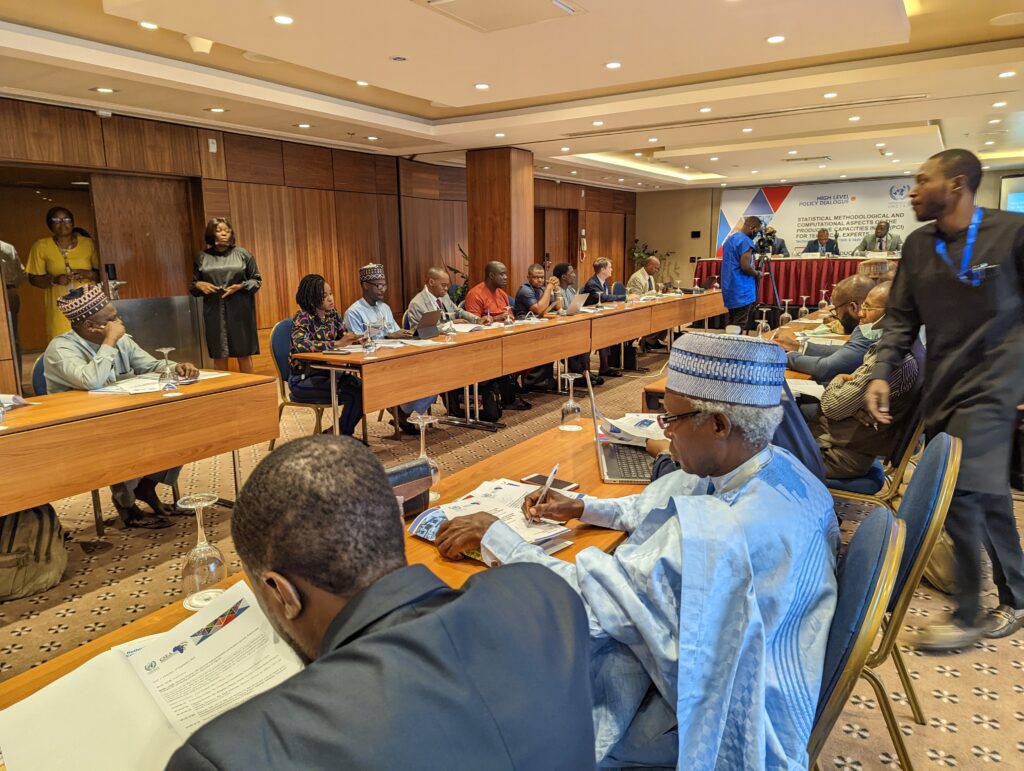
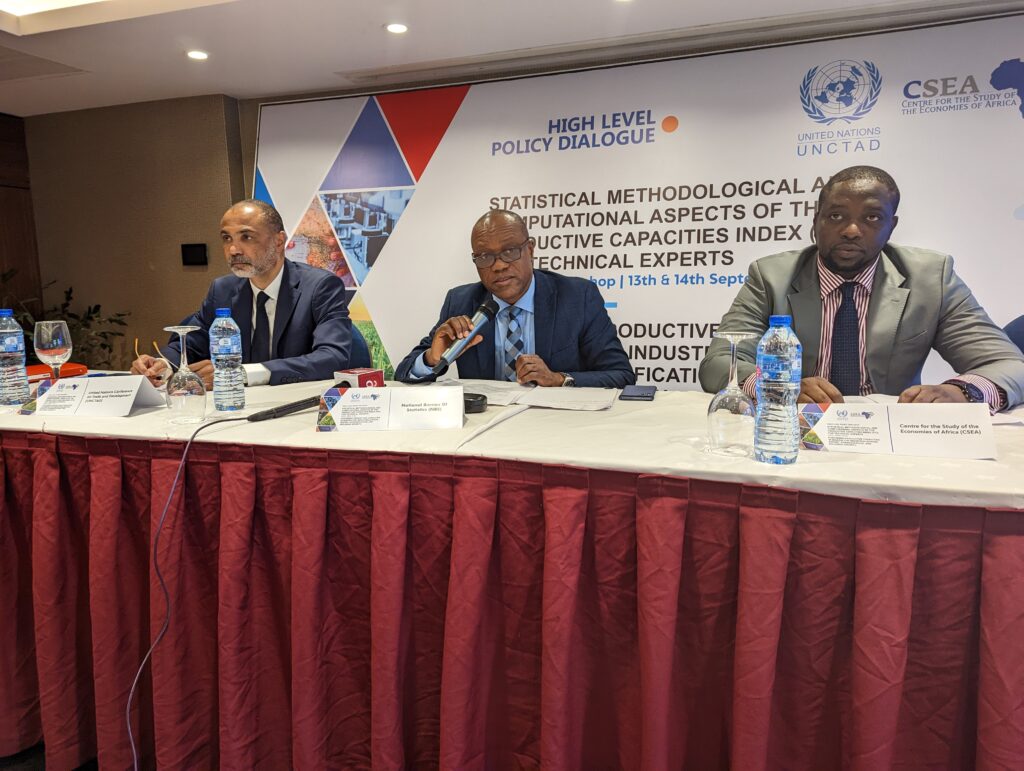
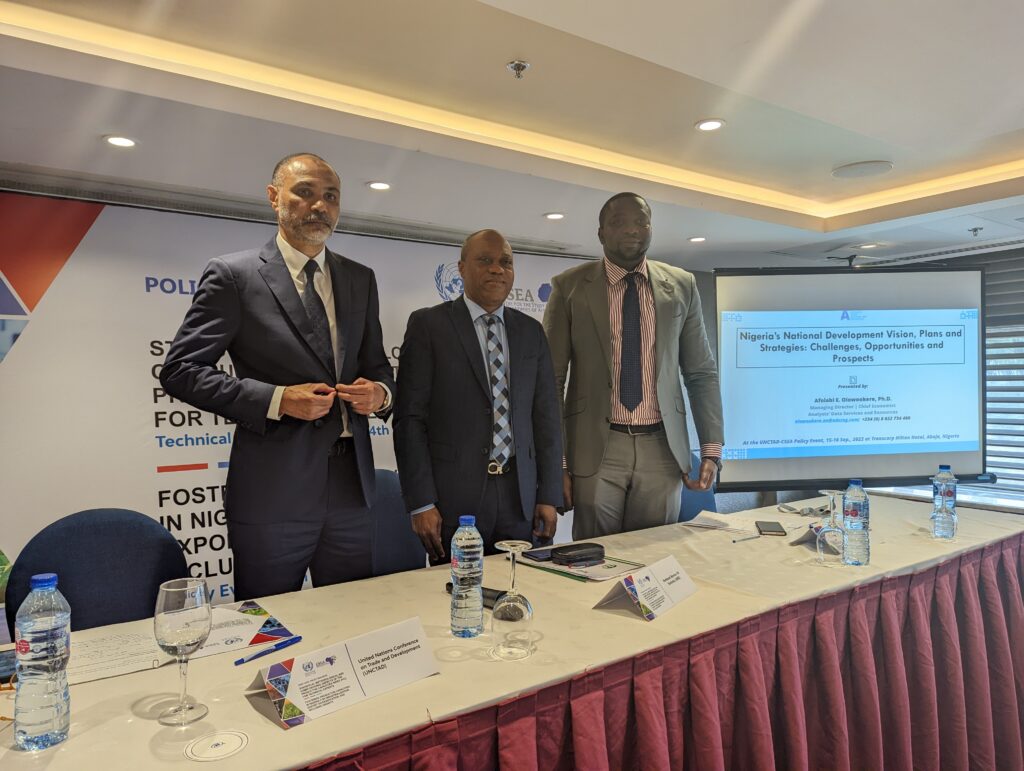
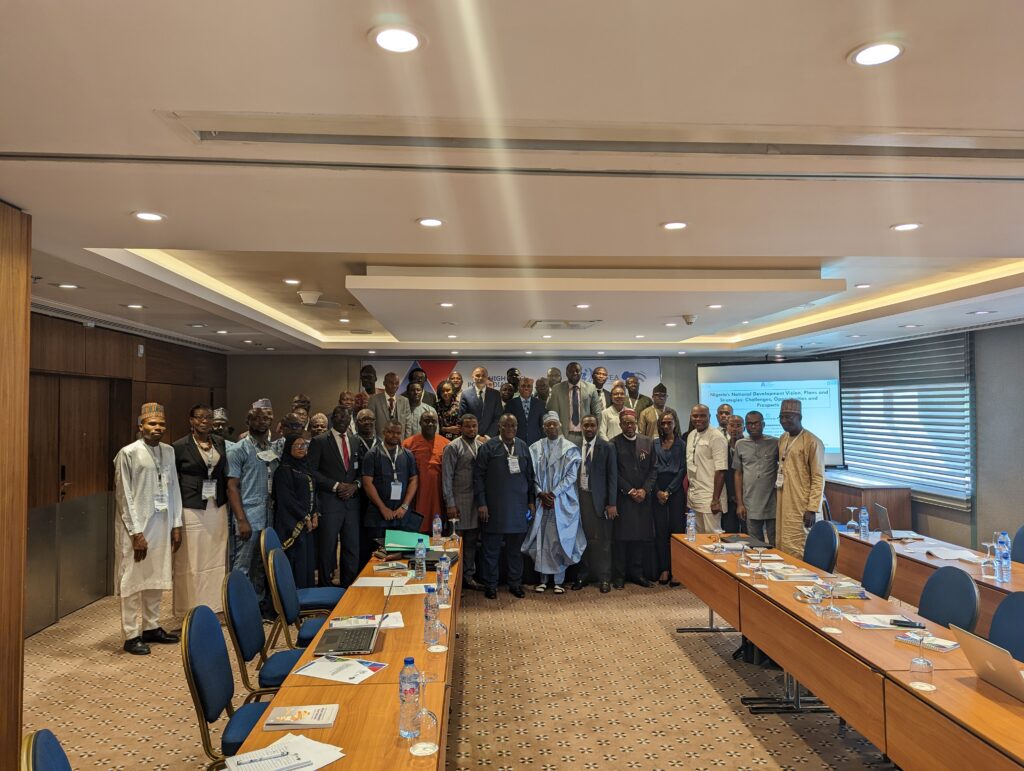
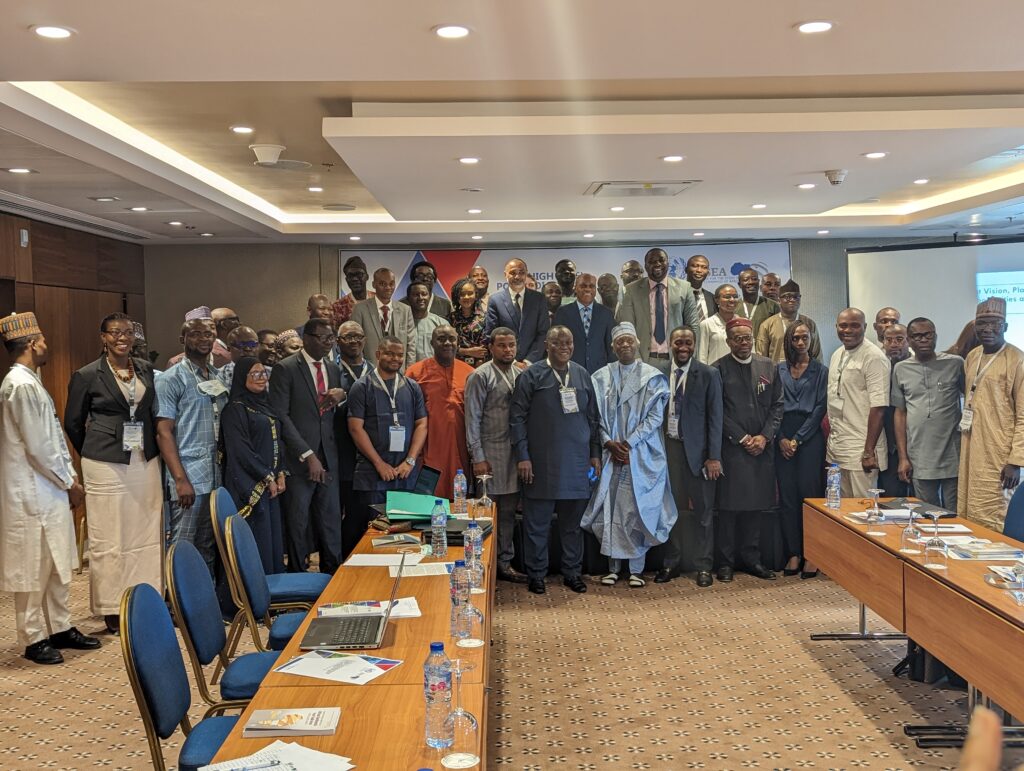
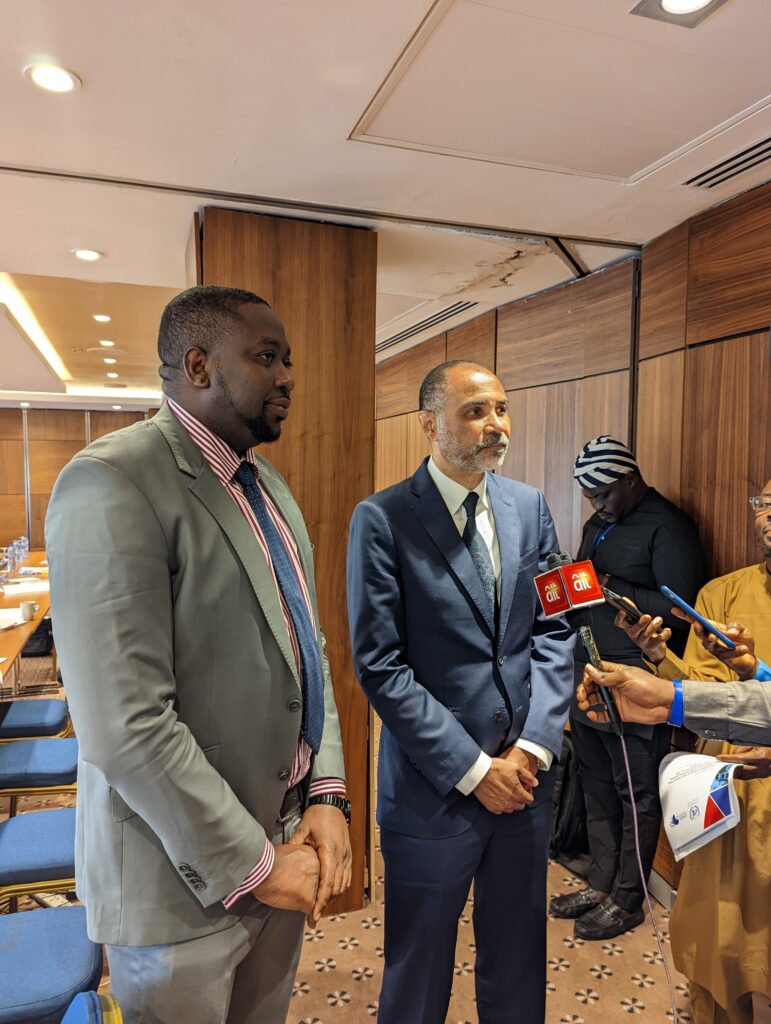
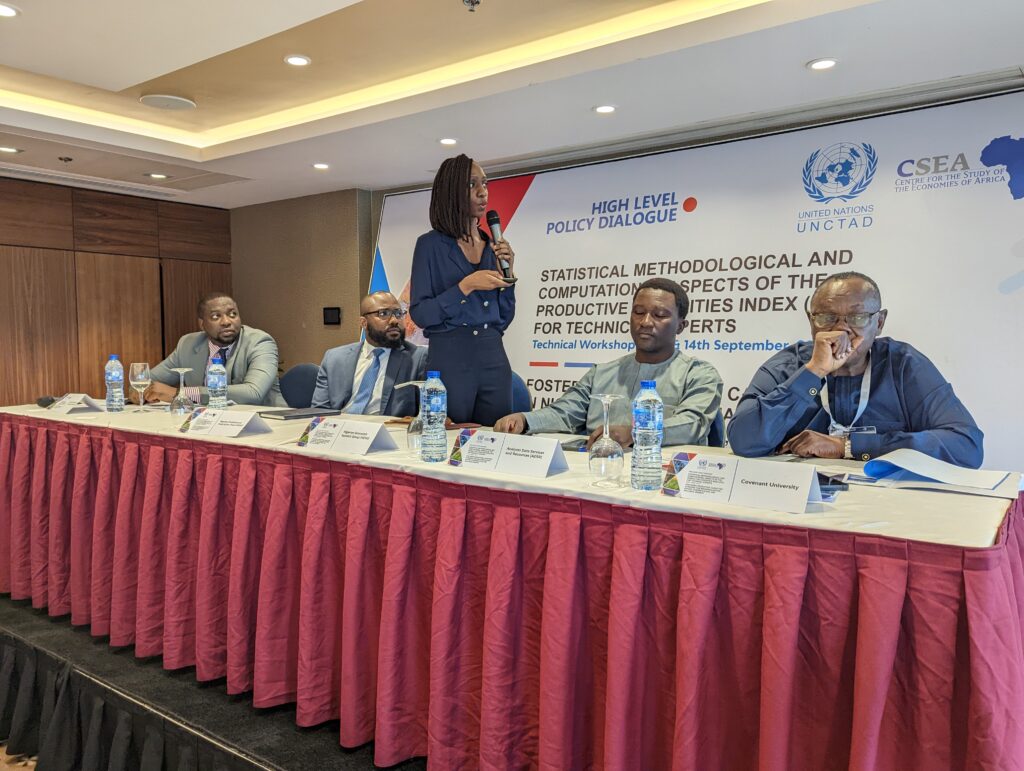
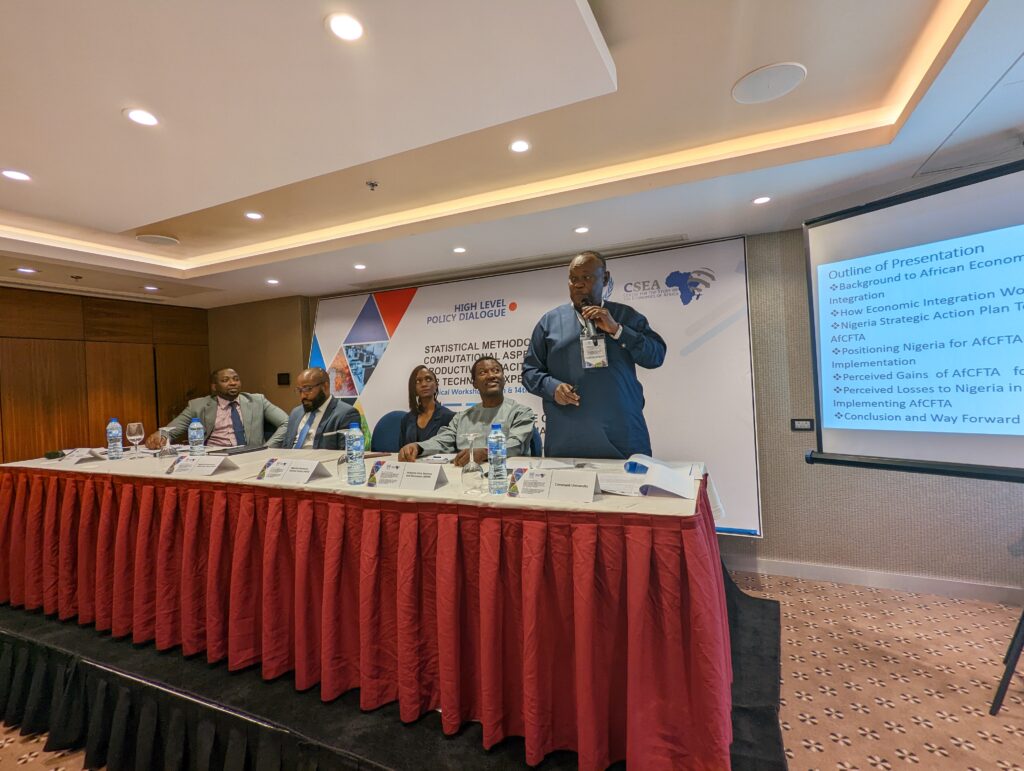
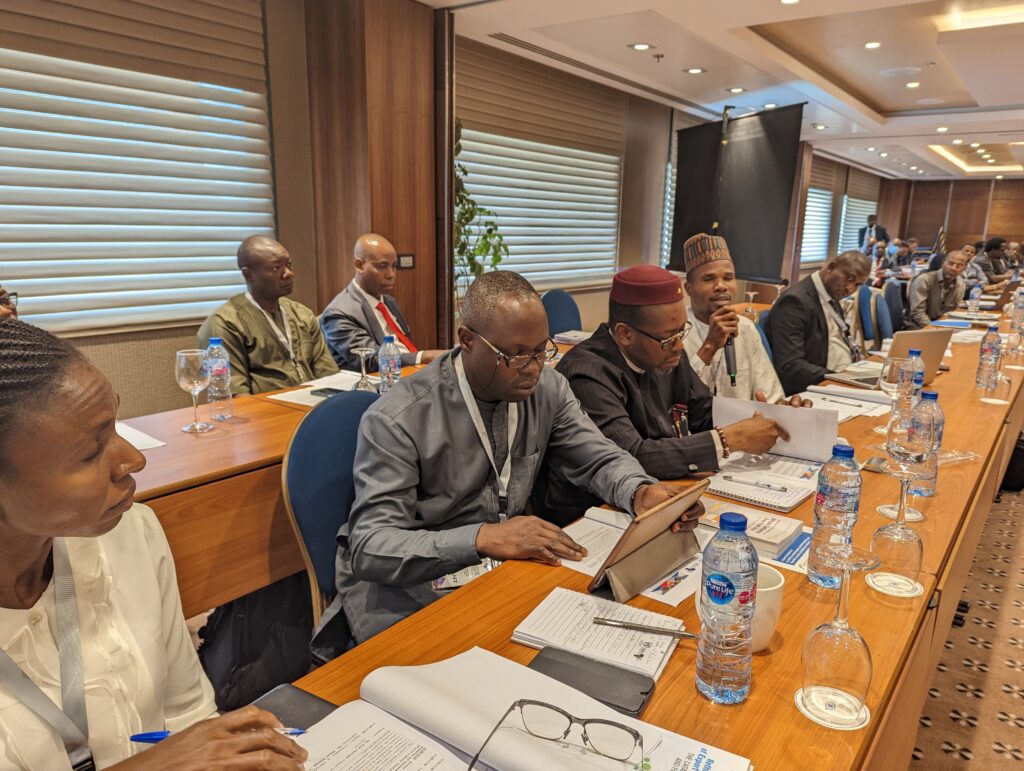
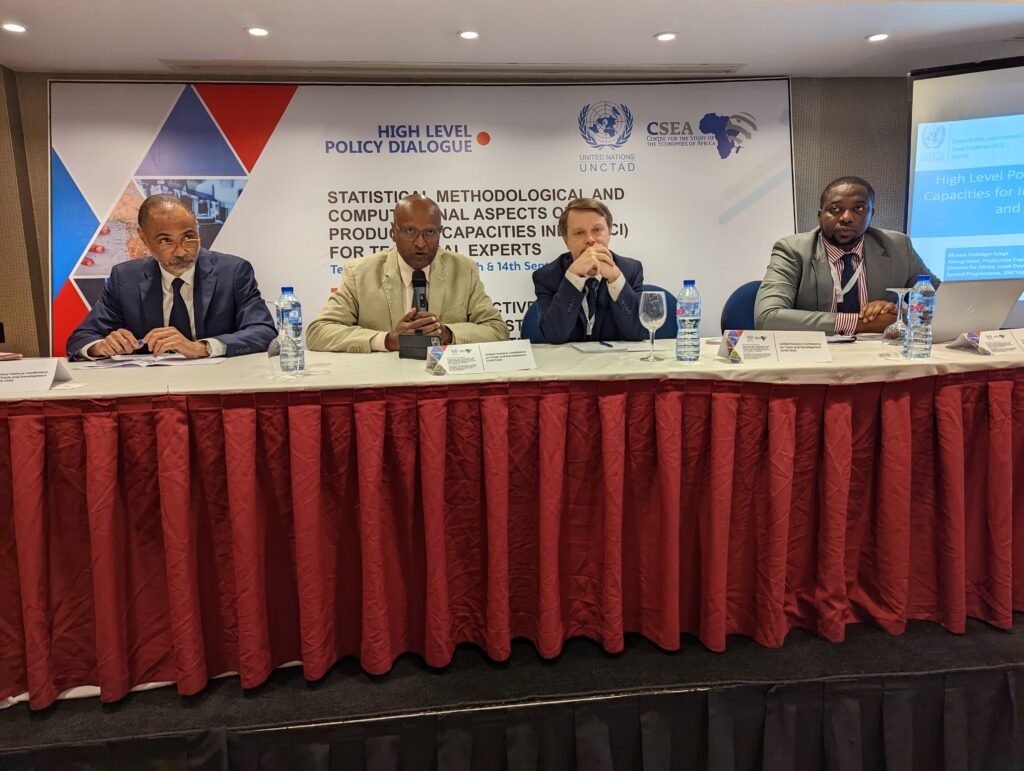
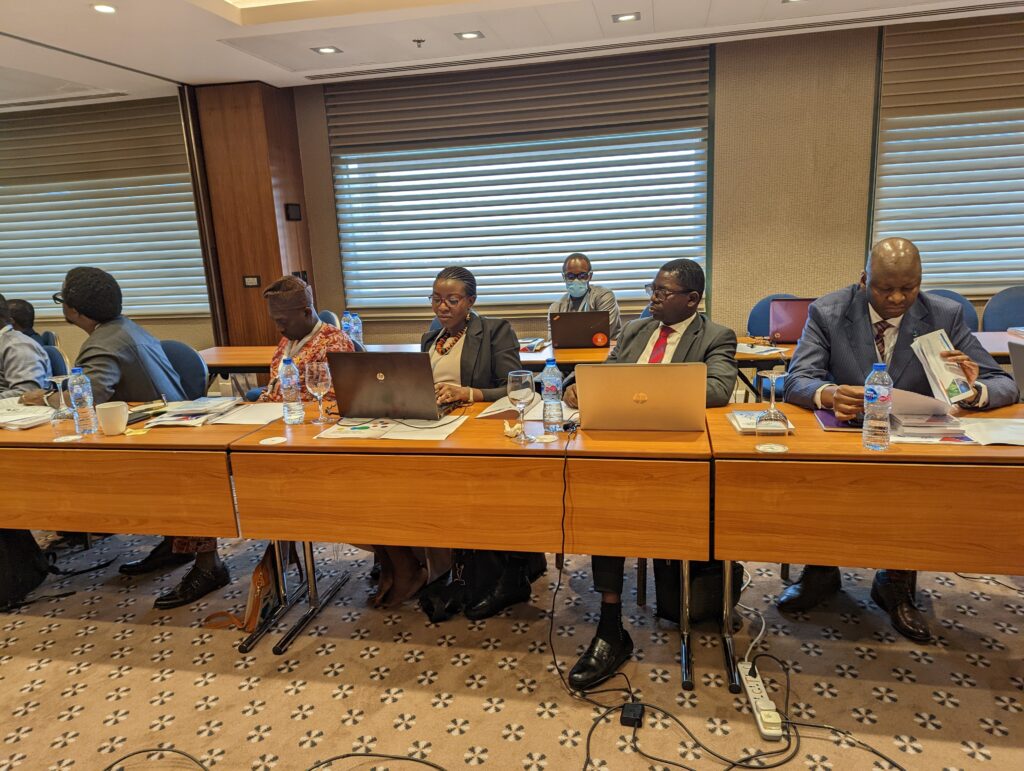
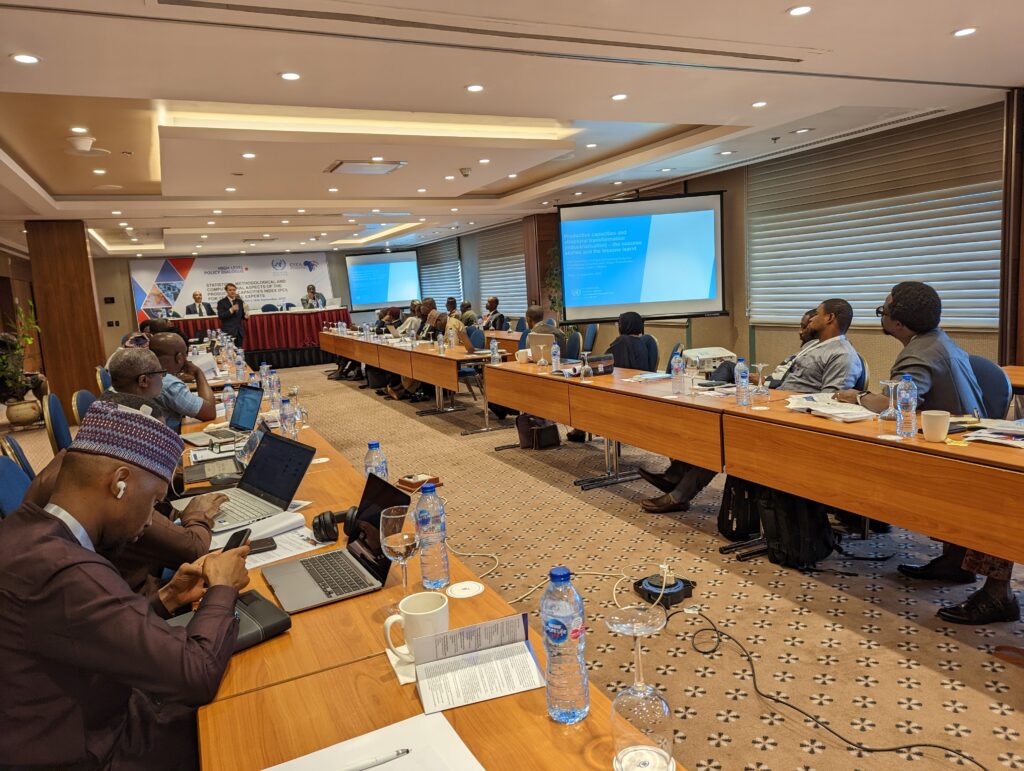
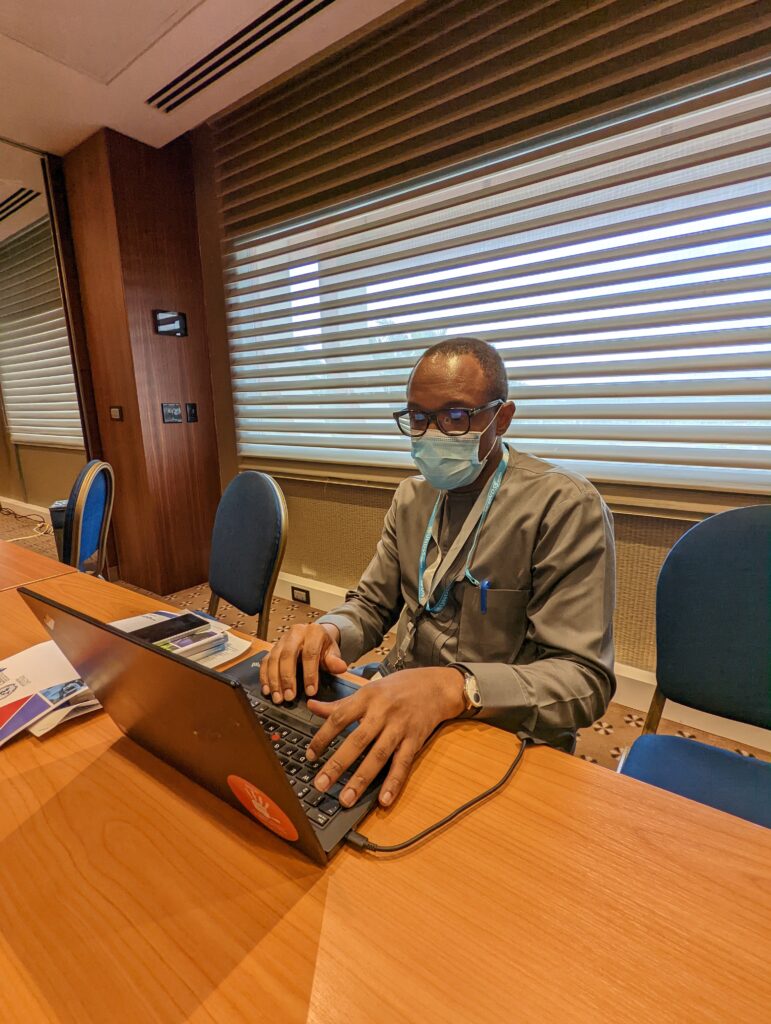
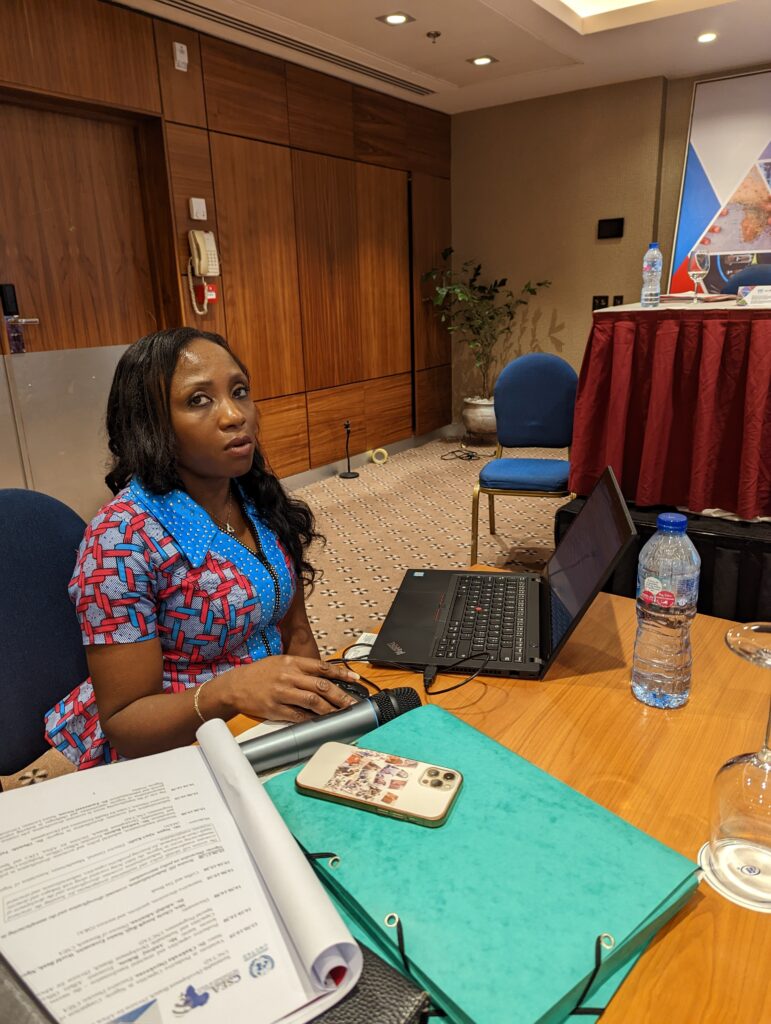
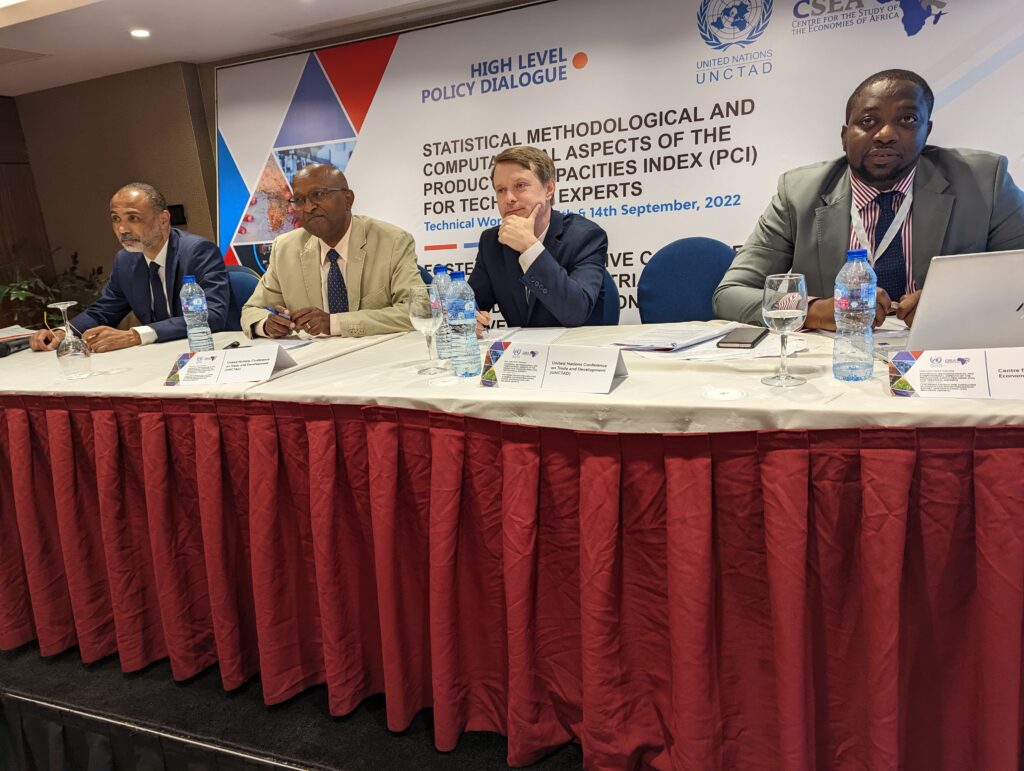
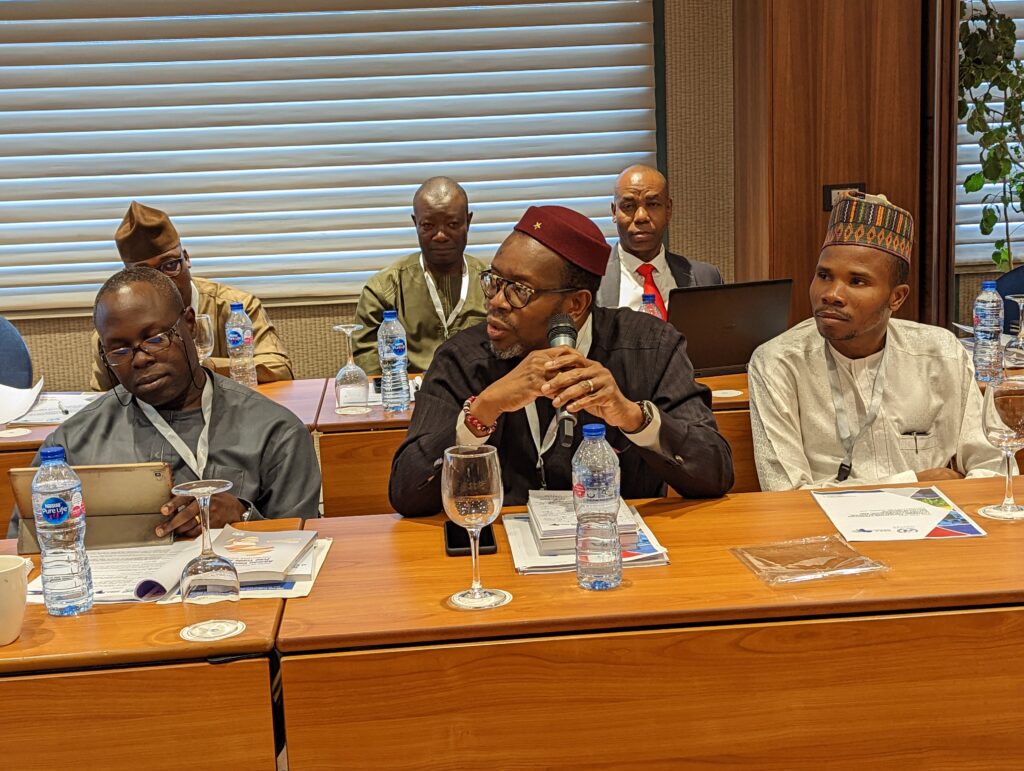
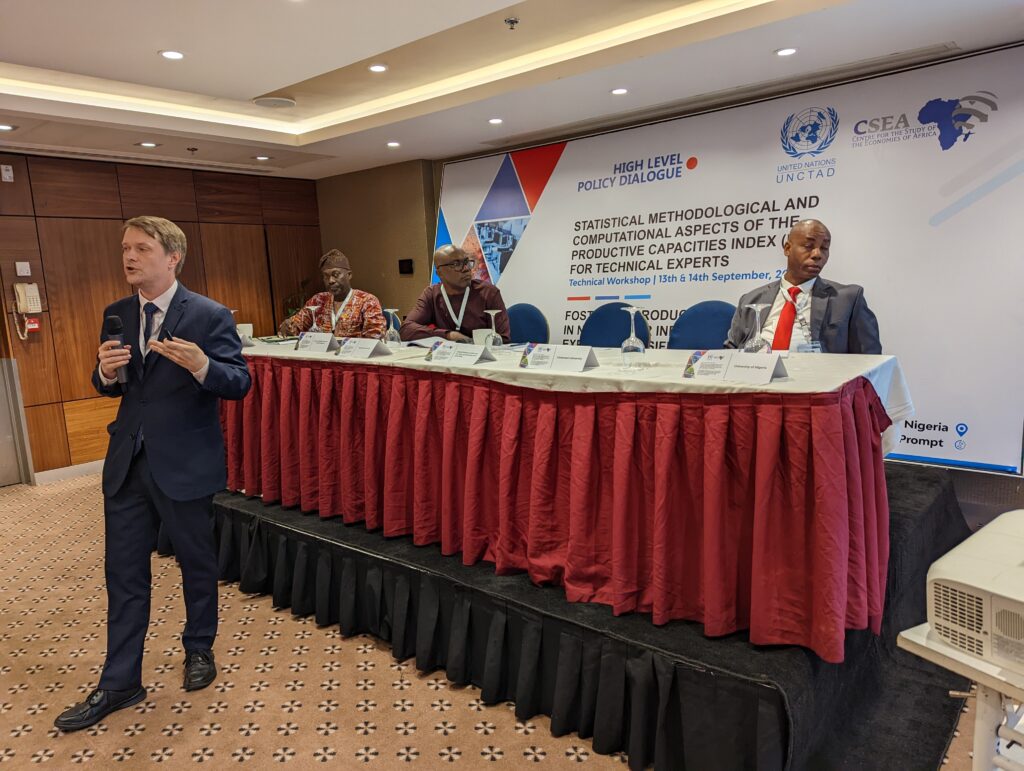
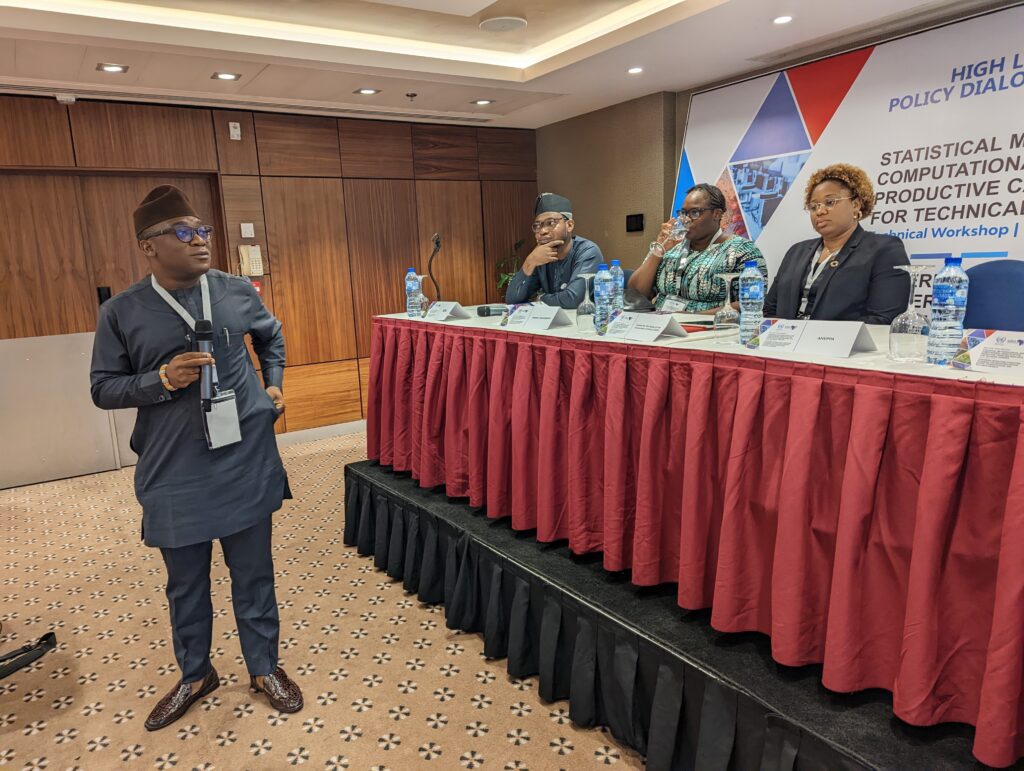
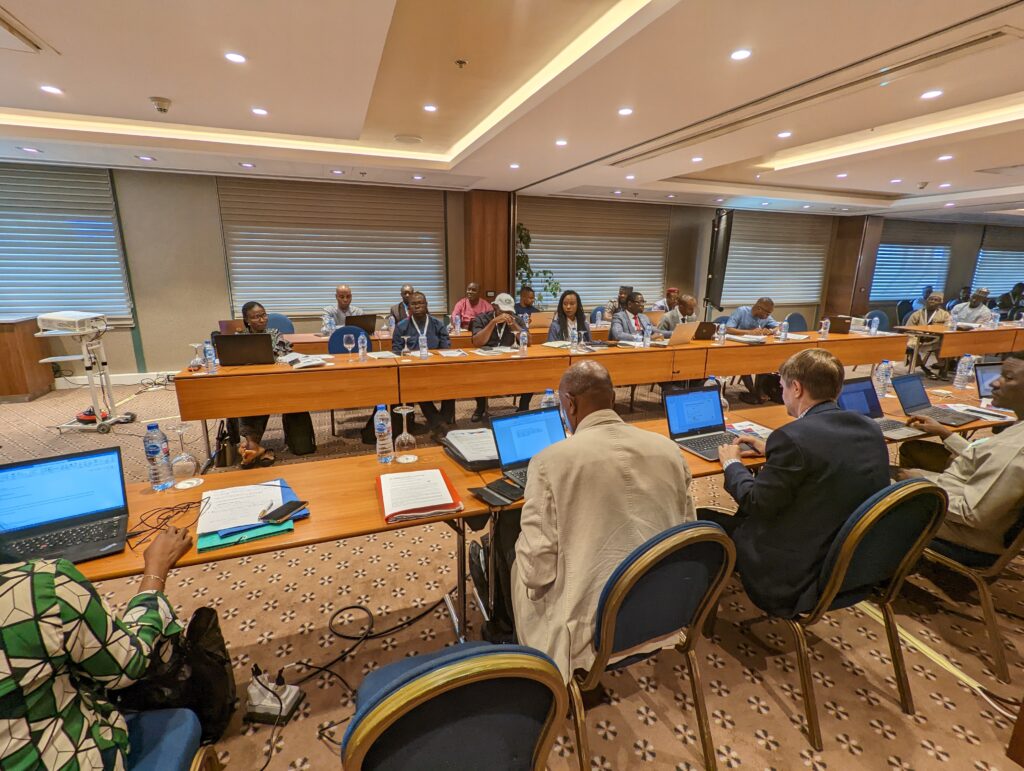
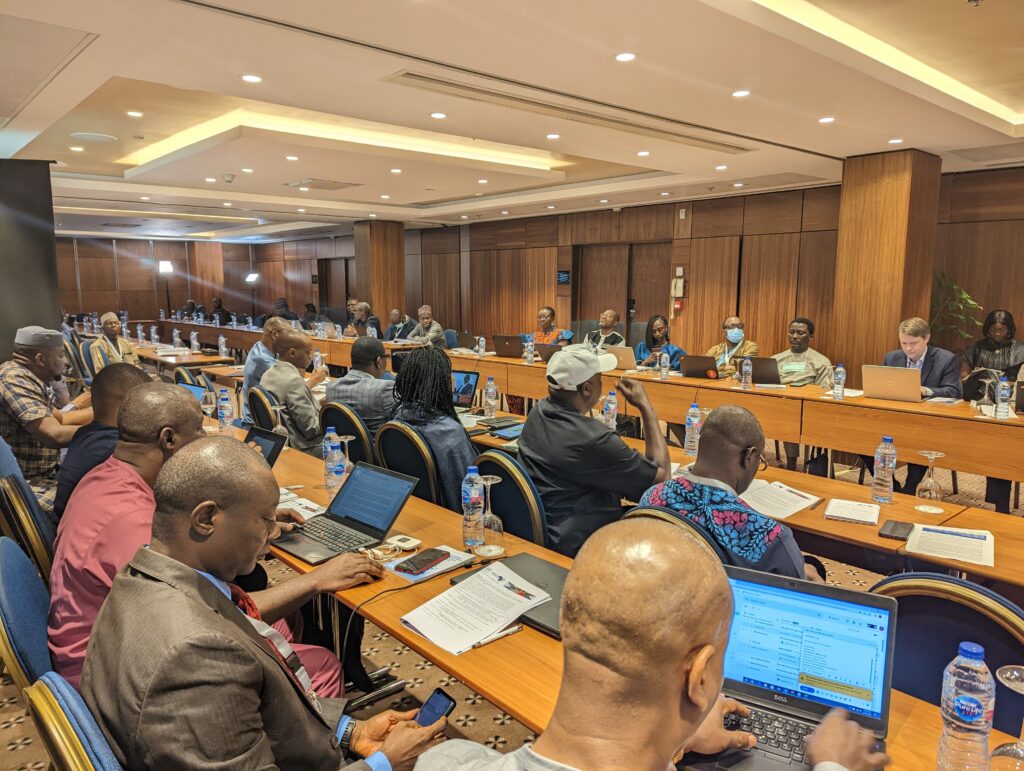
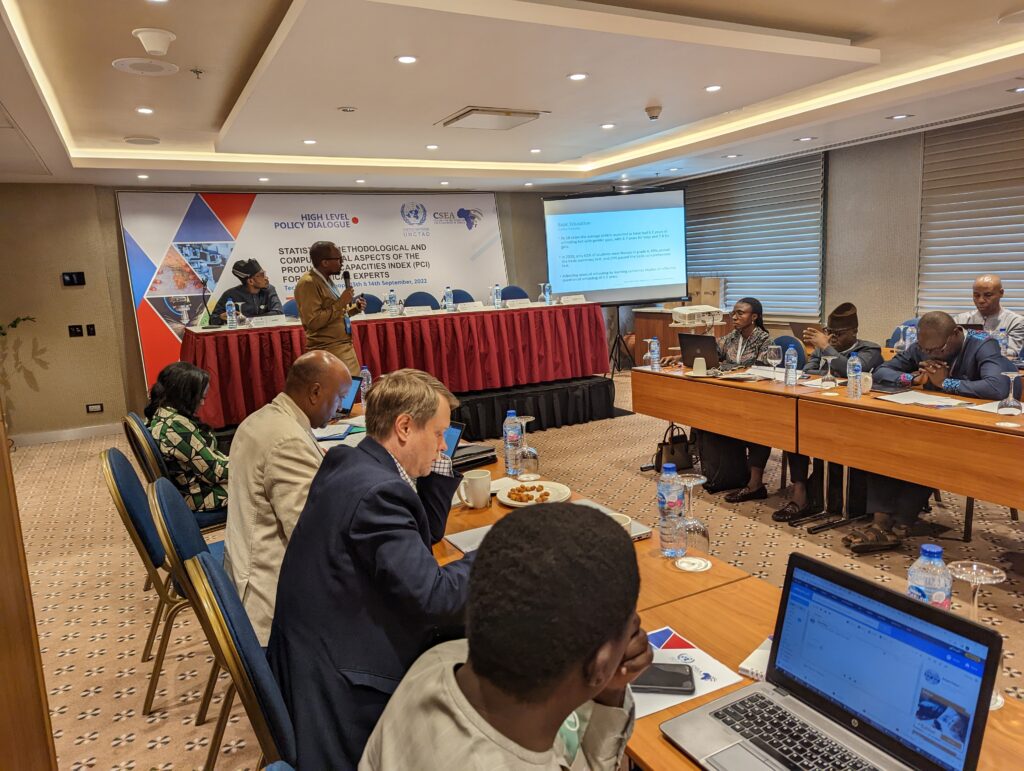
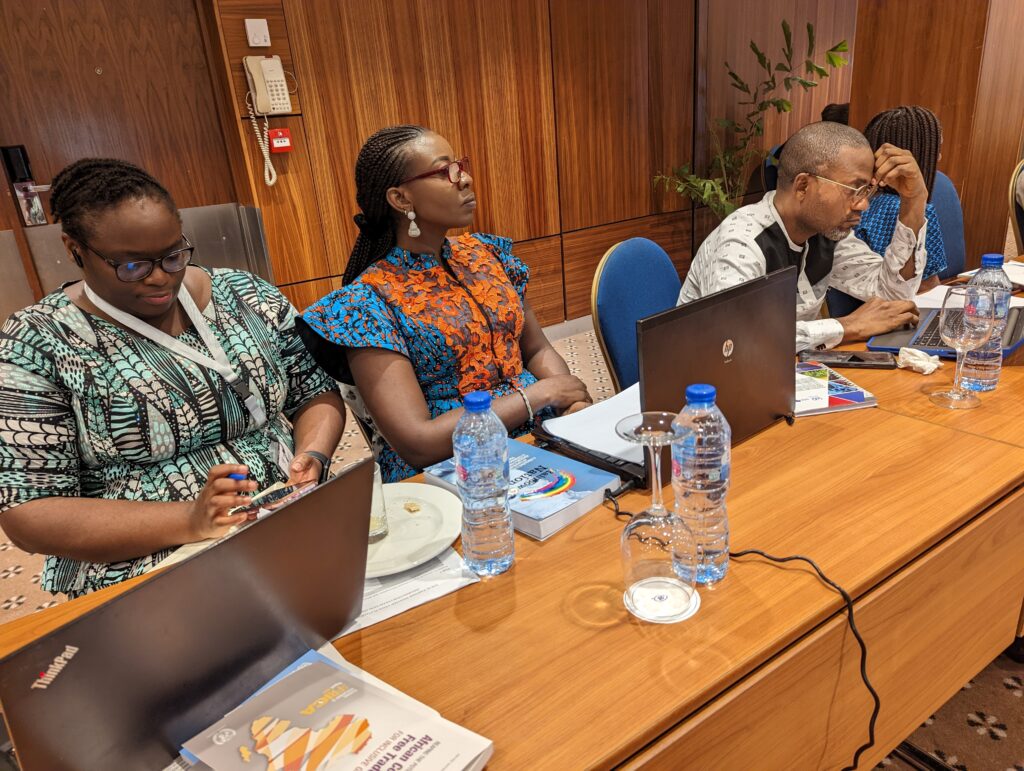
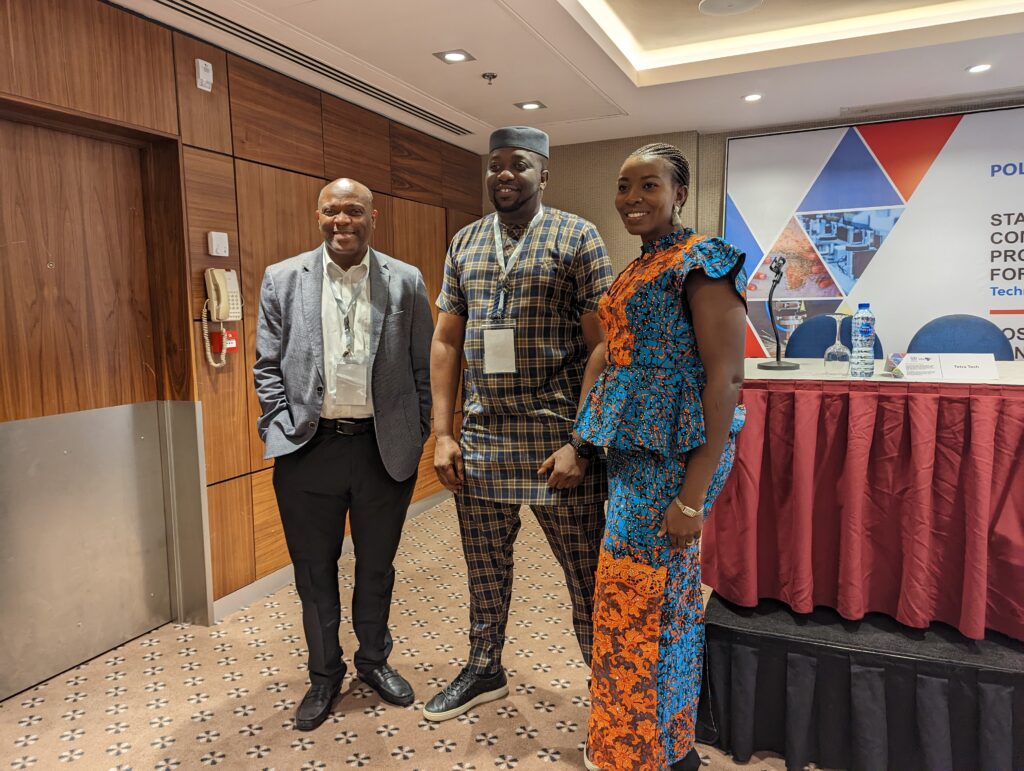
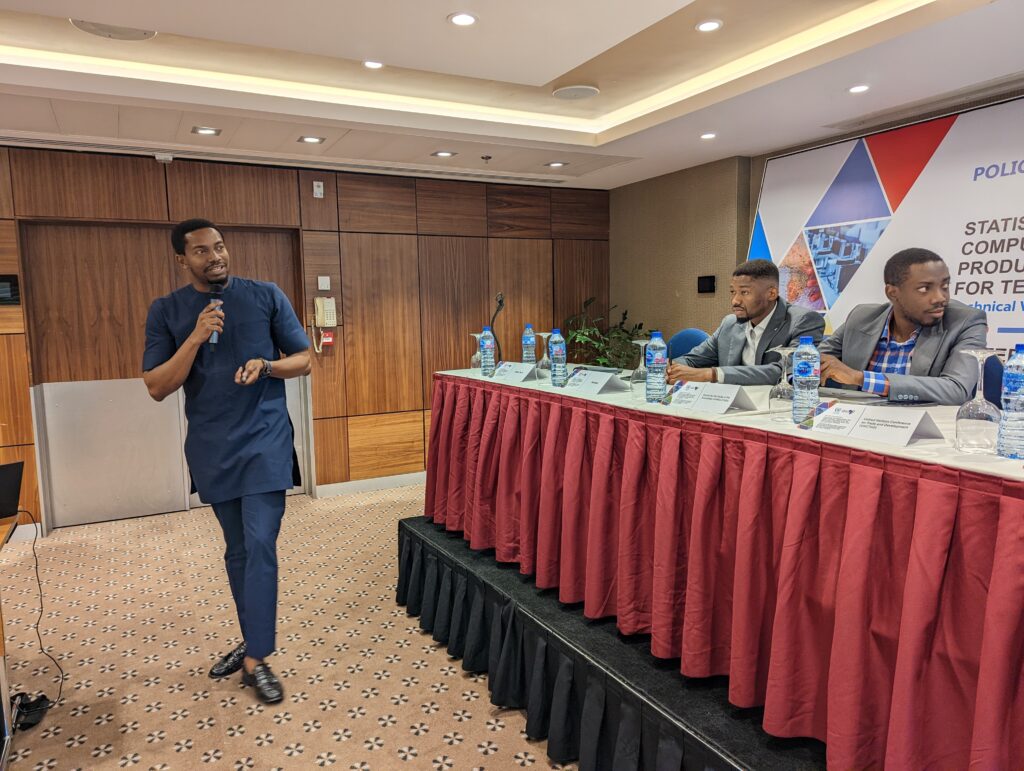
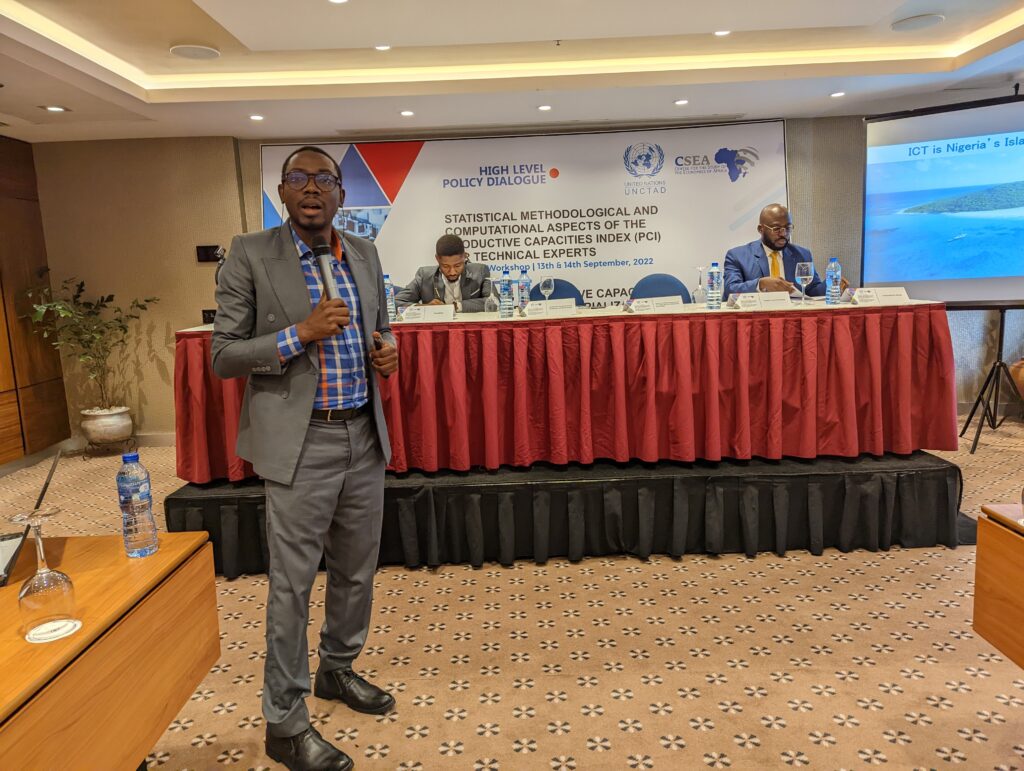
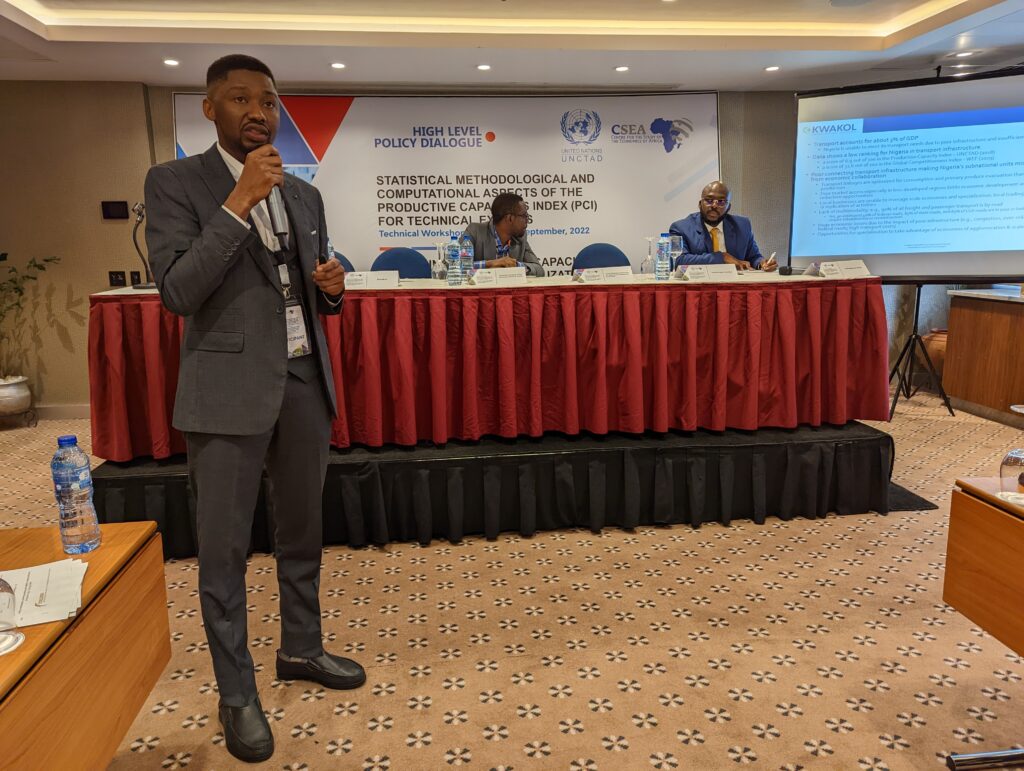
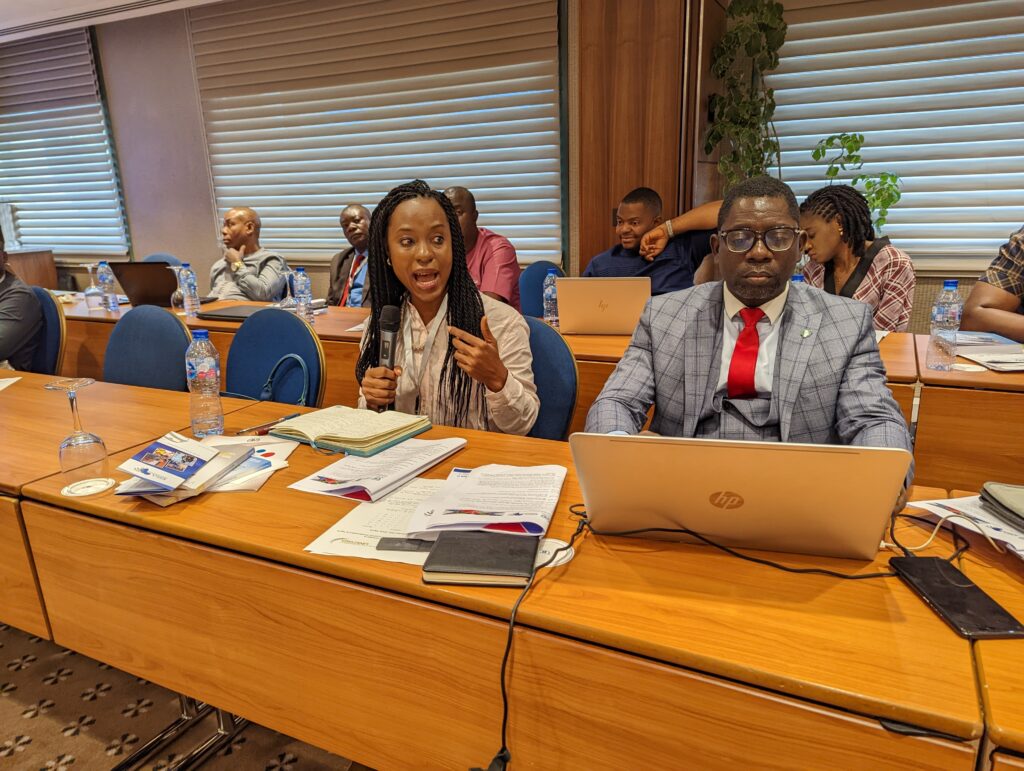
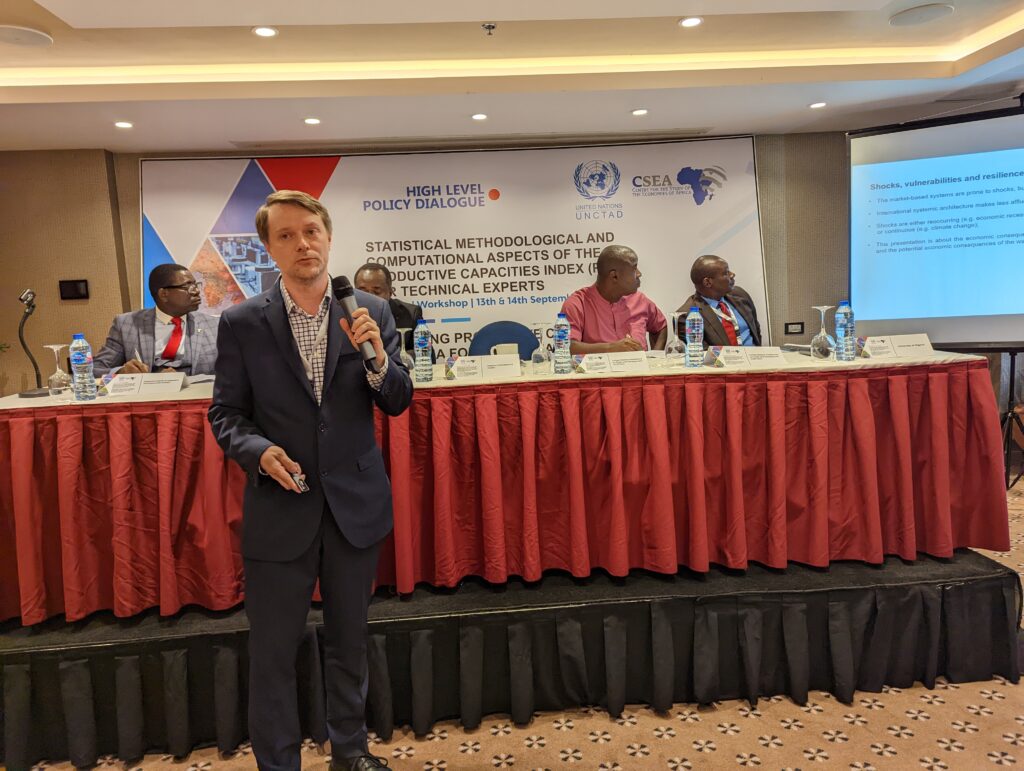
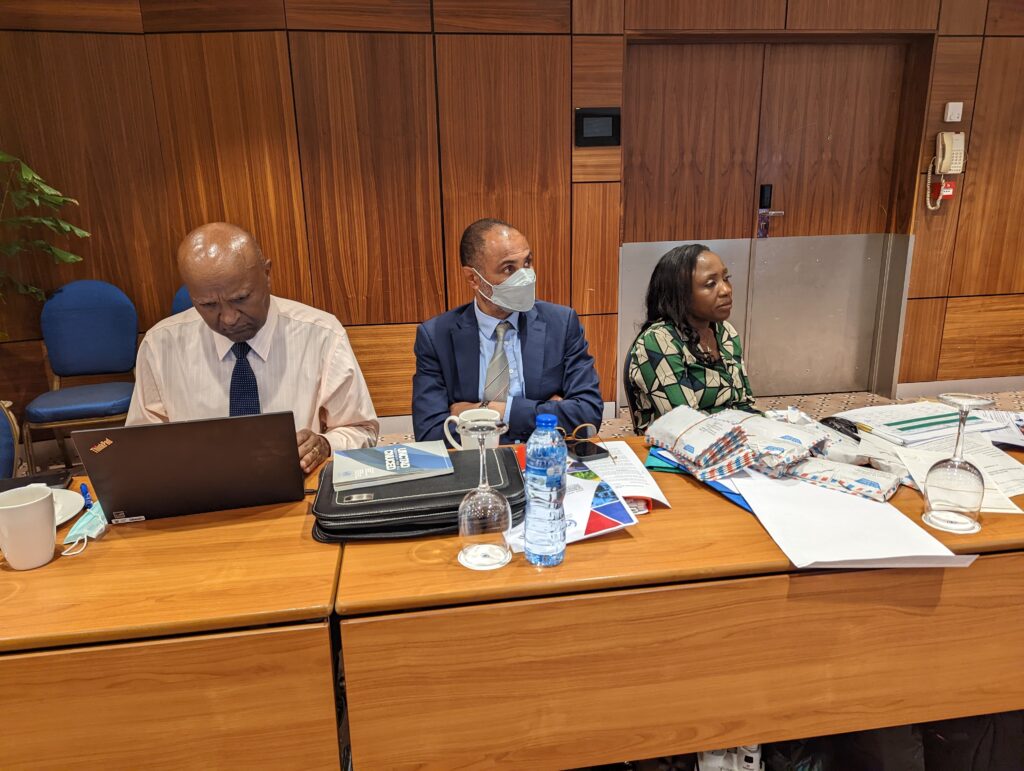
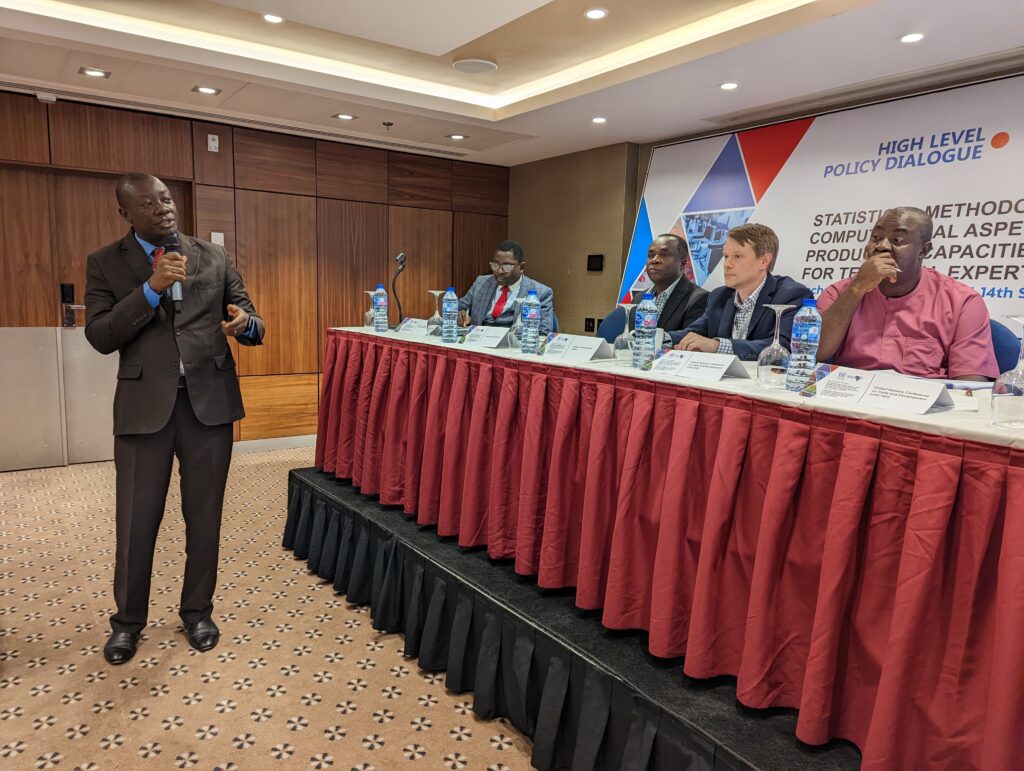
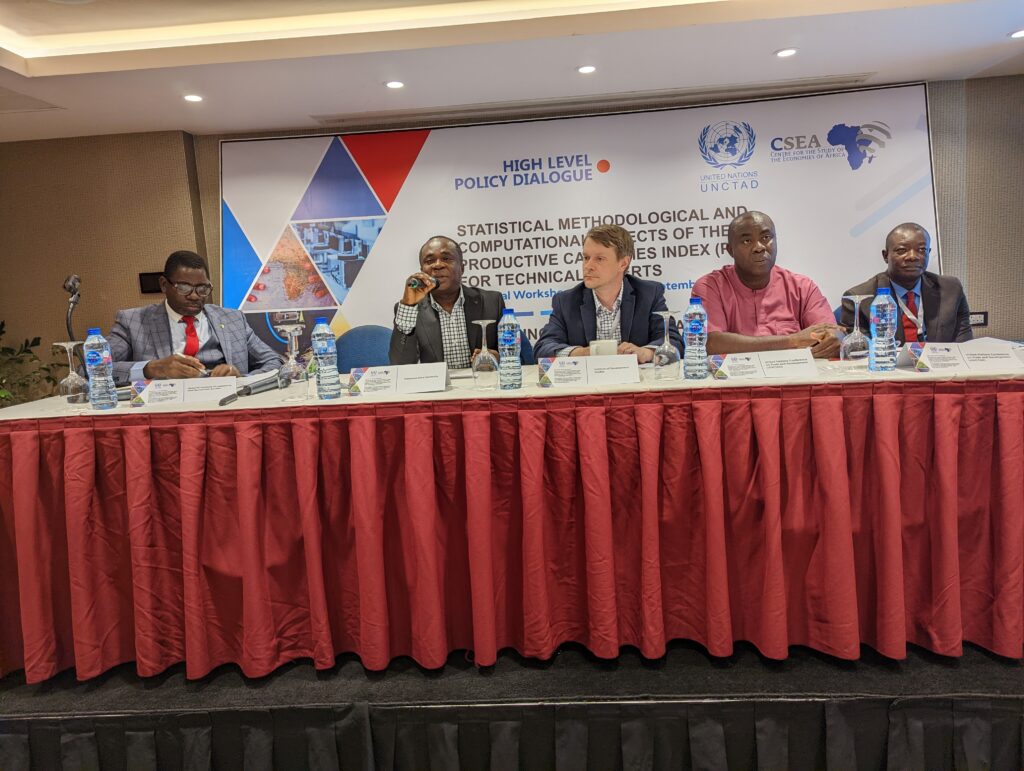
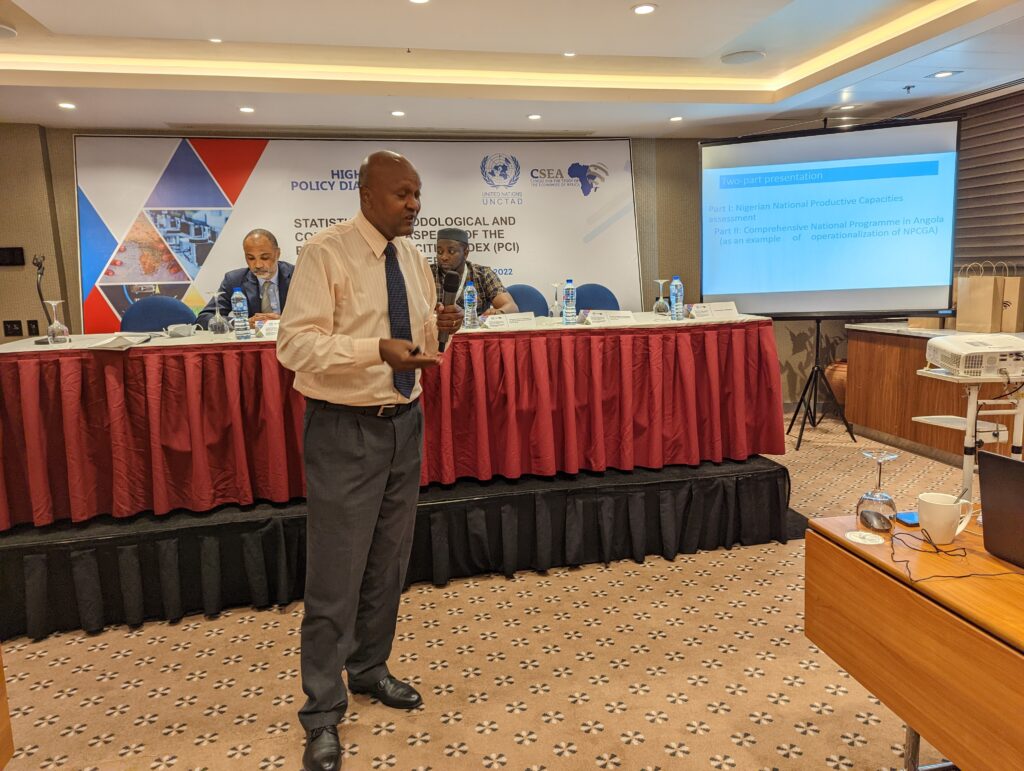
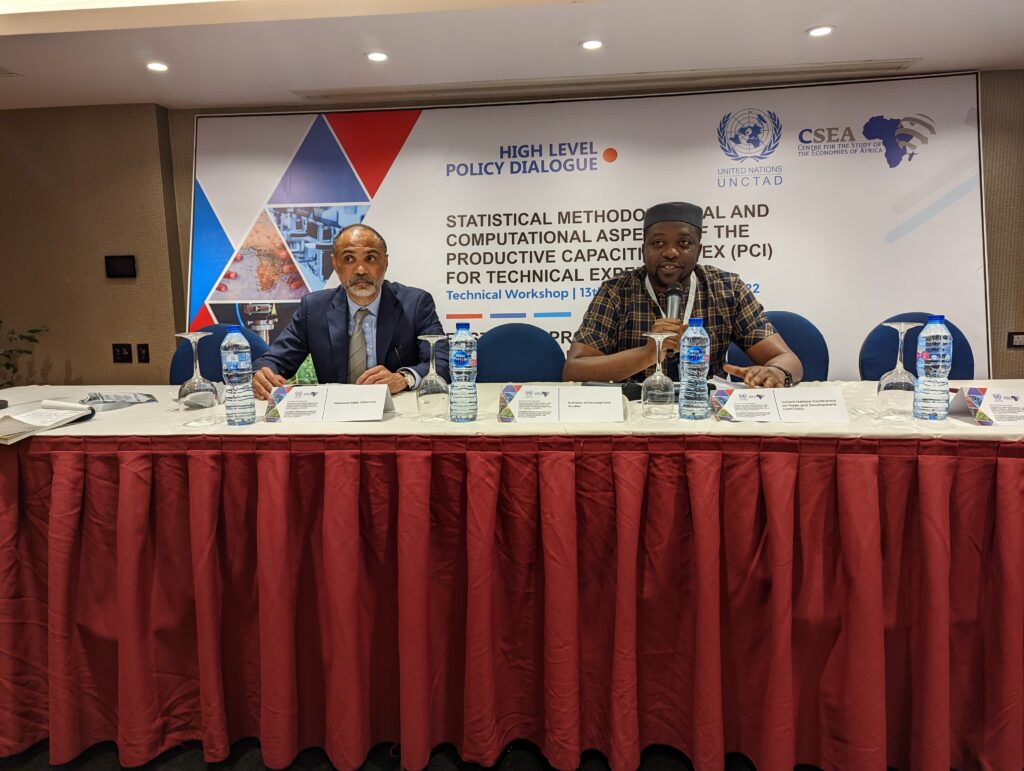
Event News coverage via
The Centre for the Study of the Economies of Africa organised a webinar session titled “Data Protection and Data-Driven Enterprise for Africa”, on Tuesday 30th August 2022.
The virtual event brought together key stakeholders from across Africa to examine and provide solutions to data administration issues for private and public organisations. The webinar addressed pressing data governance issues which if implemented, will allow businesses to remain globally competitive by leveraging data without infringing on their customers' privacy rights.
The session also featured presentations from experts such as Dr Vincent Olatunji, National Coordinator of the Nigeria Data Protection Bureau, and Mrs Drudeisha Madhub, Commissioner of the Data Protection Office Mauritius, among others.
The presentations captured the responsibility imposed on African governments to balance the scales between mitigating threats and harnessing benefits from the IT Industry. The stakeholders provided policy recommendations to support cross-border information sharing across the continent, capacity building through training, and the establishment of tribunals to prosecute data law violators.


